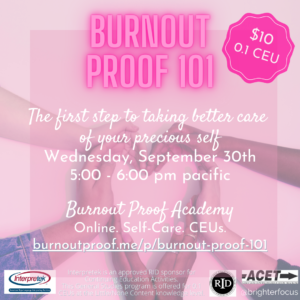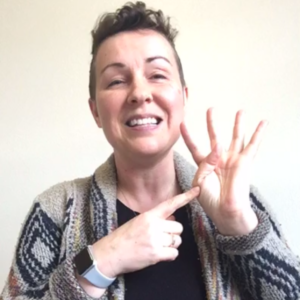The fires have come to Oregon.
As we were fumbling through logging into new Chromebooks, many in the Pacific Northwest faced smoke and evacuation warnings on Labor Day. Fires are spreading up and down the coast from Washington to California. 500,000 people in Oregon have evacuated their homes as of today.
Many parts of the area surrounding Portland are currently evacuating. If you’re affected by smoke or fires, please be safe and practice your triage self-care. You’re in my thoughts and prayers. May we find peace and hope amidst the urgency of this emergency.
Download the Red Cross Prepare! Resource Guide
The Red Cross is doing amazing work supporting evacuees and I encourage you to donate if you can.
Summer + Mars
This transition from Summer to Fall, in Chinese Medicine, is characterized by a shift from Fire to Earth, bitter to sweet, roaring to humming. Summer is making it known that his work is not yet finished. He has more to say.
In our personal lives we may be feeling more agitation, more challenge, more heat. Astrologically, we are approaching a period of intense “fire” energy. Chani Nicholas, astrologer/activist/badass, is one of my favorite teachers. She has this to say about fiery Mars, who’s currently in a very active and influential position:
“Mars is always here to remind us just how much power we do have; when and where we let bitterness, envy, or hatred poison our interactions; how we might learn to work through conflict without betraying our dignity; and how to stay in the battles that cry out for us to join. Mars is sharp – we can either use it to help us hone our skills or do damage. To use these tools wisely takes work, but you are ready.” – A Note About Mars Retrograde 2020
Essential Oil Self-Care for Interpreters
Anger is a tool I’m learning to wield. Like fire, it can feel unpredictable and scary.
The burning fire of rage within us can feel like a toxin in our bellies, threatening to combust. But when we can discern its message for us and let it spur us to action, it becomes a powerful force for change.
So, dear loves, I made us a protocol for this intense fire season. Use it when you need some extra love, use it daily to stay grounded and connected to yourself and your source as the (hopefully metaphoric) fires rage around you. Use it to remind yourself that this too shall pass, and that there is much wisdom, grace, and support for us here – even in the darkest of moments.
Check out the video below for more info on this protocol + support for the physical and emotional effects of the smoke and fires.

Melaleuca – strengthen boundaries, improve resiliency, and stop betraying yourself.
Myrrh – connect with nurturance, know that everything will be ok, foster healthy attachments.
Black Pepper – uncover the root of the issue, unmask, see through the BS.
Wintergreen – release control, surrender to the process, open to new possibilities.
Arborvitae – tap into security and strength, trust the emotional process.
Cardamom – be with anger, harness patience, see the big picture.
Juniper – dispel fear and anxiety of the unknown.
Bergamot – foster hope and courage during times of despair, see the light at the end of the tunnel.
Eucalyptus – embrace self-care, raise your standards, don’t give up on yourself.
Clary Sage – clear creative blocks, embrace your highest gifts + purpose, expand your vision for the world.
Cedarwood – receive support, feel emotionally connected to others.
Lime – harmonize and integrate all of the oils, seal with expectant joy.
This video guides you through the whole protocol + includes some simple practices for dealing with physical and emotional effects of the smoke. Join us in The Burnout Proof Interpreters Collective Facebook group to catch future livestreams!
If you need help getting certified pure therapeutic grade essential oils, just send me a message
Upcoming Workshops
Burnout Proof 101 September 30th 5 pm pacific | 8 pm eastern
Join me in Burnout Proof Academy for a simple + potent one-hour Burnout Proof 101 webinar. You’ll get 0.1 GS CEUs and you’ll be on your way to taking better care for your precious self. This workshop is happening soon, so don’t wait!
Resources + Tools to Go Deeper
- Rage Becomes Her, Soraya Chemaly
- You Were Born for This: Astrology for Radical Self-Acceptance and Living Your Purpose, Chani Nicholas
- Learning to Work With Anger, Michelle D’Avella | Pushing Beauty YouTube (CC)
- Between Heaven and Earth: A Guide to Chinese Medicine, Harriet Beinfield and Efrem Korngold
- Emotions and Essential Oils: A Reference Guide for Emotional Healing
- I Am Fabulous: Blends for Emotional Well-Being, by Desiree Mangandog
Illustrated by sign language interpreter Kristal Molina



 In many cities here in the U.S., the coronavirus pandemic is beginning to get more real. For my family in Portland, Oregon, the biggest effects so far have been:
In many cities here in the U.S., the coronavirus pandemic is beginning to get more real. For my family in Portland, Oregon, the biggest effects so far have been:
